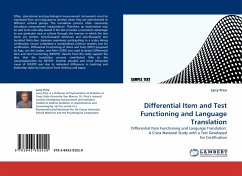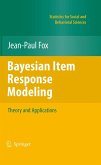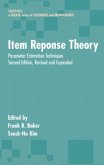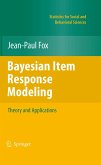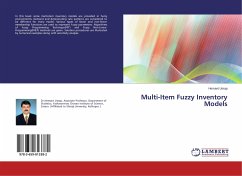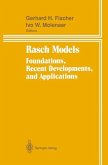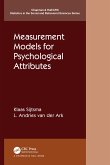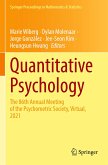Often, educational and psychological measurement instruments must be translated from one language to another when they are administered to different cultural groups. The translation process often necessarily introduces measurement inequivalence. Therefore, an examination may be said to be culturally biased if the test provides a consistent advantage to one particular race or culture through the manner in which the test items are written. One-thousand American and one-thousand one hundred thirty-four Japanese examinees participating in a scuba diving certification course completed a standardized criterion mastery test for certification. Differential Functioning of Items and Tests (DFIT) proposed by Raju, van der Linden, and Fleer (1995) was used to detect Differential Item and Test Functioning (DIF/DTF). Results from the study support the idea that the translation process contributed little to the cause/explanation for DIF/DTF. Another possible and more influential cause of DIF/DTF was due to individual differences in teaching and leadership styles by Instructors from America and Japan.
Bitte wählen Sie Ihr Anliegen aus.
Rechnungen
Retourenschein anfordern
Bestellstatus
Storno

